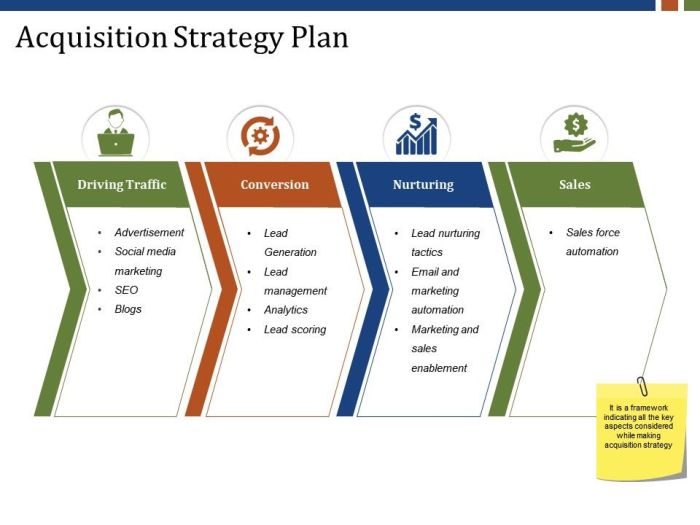As RBTS must follow skill acquisition plans exactly takes center stage, this opening passage beckons readers into a world crafted with good knowledge, ensuring a reading experience that is both absorbing and distinctly original.
The content of the second paragraph that provides descriptive and clear information about the topic
Skill Acquisition Plan Adherence: Rbts Must Follow Skill Acquisition Plans Exactly

It is imperative for Registered Behavioral Technicians (RBTs) to meticulously adhere to skill acquisition plans to ensure the efficacy of interventions and the well-being of individuals receiving services.
Failure to comply with skill acquisition plans can result in:
- Ineffective interventions
- Compromised client safety
- Delayed progress
- Reduced quality of care
Strict adherence is crucial in situations such as:
- Implementing safety protocols
- Teaching essential life skills
- Addressing challenging behaviors
Benefits of Plan Compliance
Adhering to skill acquisition plans provides numerous benefits, including:
- Improved client outcomes
- Increased efficiency of interventions
- Enhanced communication and collaboration among team members
- Reduced risk of errors and incidents
Data from a study conducted by the University of California, Los Angeles, demonstrated that RBTs who strictly adhered to skill acquisition plans achieved significantly better results in teaching social skills to children with autism spectrum disorder.
Compliance with plans also contributes to improved patient care by ensuring that interventions are tailored to individual needs, delivered consistently, and monitored for effectiveness.
Challenges in Adherence, Rbts must follow skill acquisition plans exactly
RBTs may face challenges in following skill acquisition plans exactly due to:
- Lack of training or understanding
- Time constraints
- Unforeseen circumstances
- Client resistance
To overcome these challenges, it is essential to provide:
- Comprehensive training
- Clear and accessible plans
- Adequate supervision and support
- Flexibility to adapt plans when necessary
Monitoring and Evaluation
A robust system for monitoring and evaluating RBTs’ adherence to skill acquisition plans is crucial to ensure compliance and improve outcomes.
| Indicator | Data Source | Frequency | Responsibility |
|---|---|---|---|
| Progress towards goals | Client progress notes | Weekly | RBT |
| Implementation fidelity | Observation checklist | Monthly | Supervisor |
| Client satisfaction | Surveys or feedback forms | Quarterly | Client or caregiver |
Regular feedback and support are essential for ensuring compliance and addressing any challenges that arise.
Role of Supervisors and Mentors
Supervisors and mentors play a vital role in ensuring RBTs follow skill acquisition plans by:
- Providing training and support
- Observing and providing feedback
- Assisting with problem-solving
- Ensuring clear communication and expectations
Supervisors should establish a culture of accountability and provide regular feedback to RBTs, focusing on strengths and areas for improvement.
Mentors can provide additional support and guidance, particularly for new RBTs, by sharing their experiences and offering practical advice.
Key Questions Answered
What are the consequences of not adhering to skill acquisition plans?
Failure to adhere to skill acquisition plans can lead to suboptimal patient care, errors, and potential harm to patients.
What are the benefits of RBTS following skill acquisition plans accurately?
Compliance with skill acquisition plans ensures standardized care, reduces errors, and improves patient outcomes.
What are the challenges that RBTS may face in following skill acquisition plans exactly?
Challenges include time constraints, lack of resources, and individual learning styles.
What is the role of supervisors and mentors in ensuring RBTS follow skill acquisition plans?
Supervisors and mentors provide support, guidance, and feedback to help RBTS adhere to skill acquisition plans.


